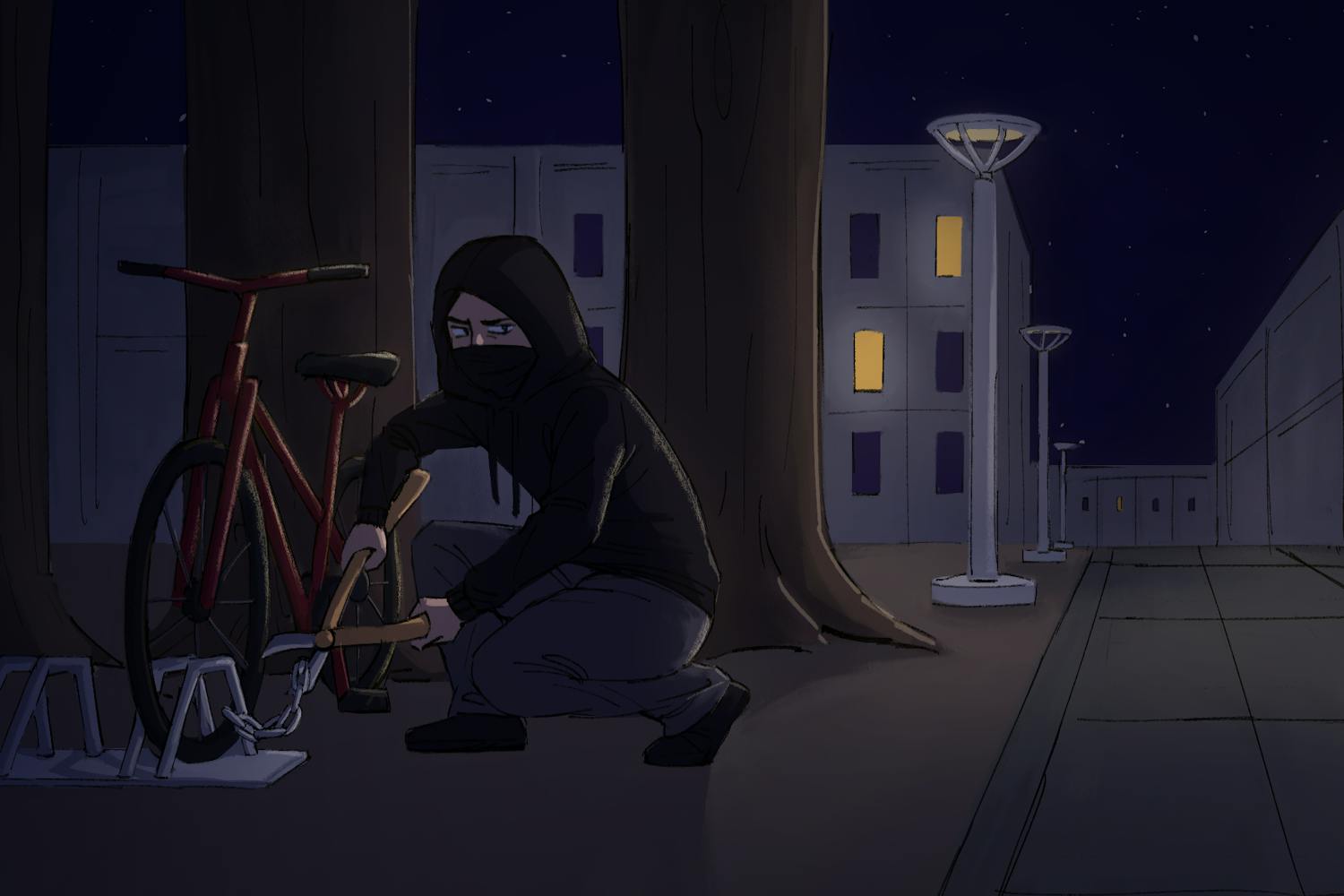It’s rarely an easy life being a criminal, but being one under an authoritarian regime may be downright impossible.
I’ve been reading a book, “Stasiland,” by Anna Funder, over the past week. The book outlines life in Communist East Germany before the fall of the Berlin Wall in 1989, as told by the regime’s victims and perpetrators.
While containing a wealth of firsthand knowledge of a coldly sinister totalitarian state, Funder’s book also held within it a small detail: In comparison to democratic, Western nations, the former East Germany had very little crime.
Indeed, the abuses of the state’s security forces could very well be called crimes (and have been prosecuted as such). However, I speak of small-scale crimes, ranging from petty theft to murder.
This is an aspect of Eastern Bloc society that remains largely unmentioned in the post-Cold War, Western-dominated world culture. As Americans, we accept that even with universal freedoms and a high standard of living, the possibility of being a victim of crime is very real ... all the more reason to review why East Germany, a brutally repressive society, would seem to have bested us.
The short answer is, in East Germany, every little freedom was given up to the state in return for guaranteed securities, such as employment and access to education and health care.
However, one of the freedoms abdicated was the freedom to commit crime with a reasonable chance of success (as you would almost certainly be caught by one of the myriad security services). Therefore, one of those securities gained was safety from other citizens (unless, of course, they were spying on you).
I say this, however, not just to illustrate the relationship between freedom and security, but also to clarify the very definition of civilization itself.
Doesn’t civilization exist to protect us from the wild elements of nature — human nature included? Our laws are made and enforced to protect us from the actions of others, and our society exists, at core, to bring order to the savagery of the so-called natural order.
Which presents the question: Is a crimeless — albeit politically repressive — regime more civilized than a crime-subject — albeit politically free — regime?
I return to the criminals. In our society, they are freer to commit crime because the state apparatus responsible for catching them is far smaller than in East Germany. So, if we were to measure civilization by the ability to protect its citizens from one another, East Germany would have been one of the most civilized nations on earth.
Or, is another, more moderate definition of civilization that of one which strikes the balance between freedom and security, between totalitarianism and anarchy?
There is, and it is called democracy. And I’ll accept cautious walks from the bus stop to home over constant, state-sponsored surveillance any day.
Reach Alex at alexander.petrusek@asu.edu



